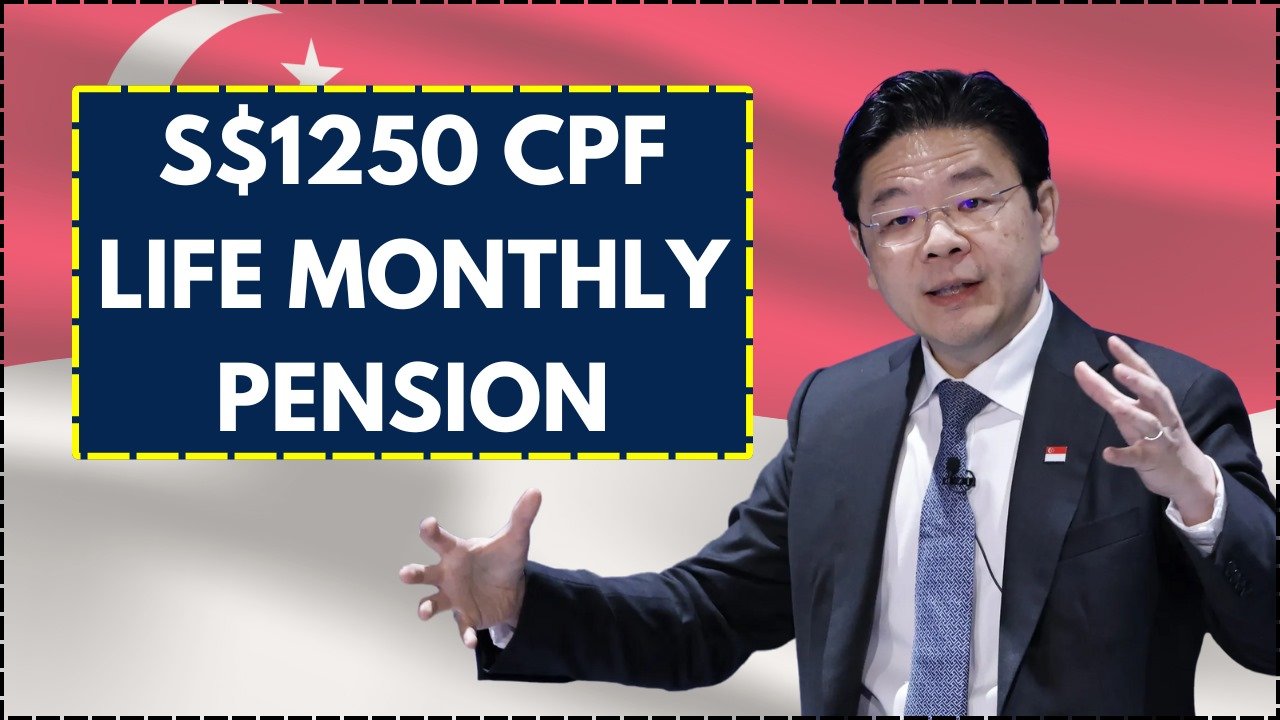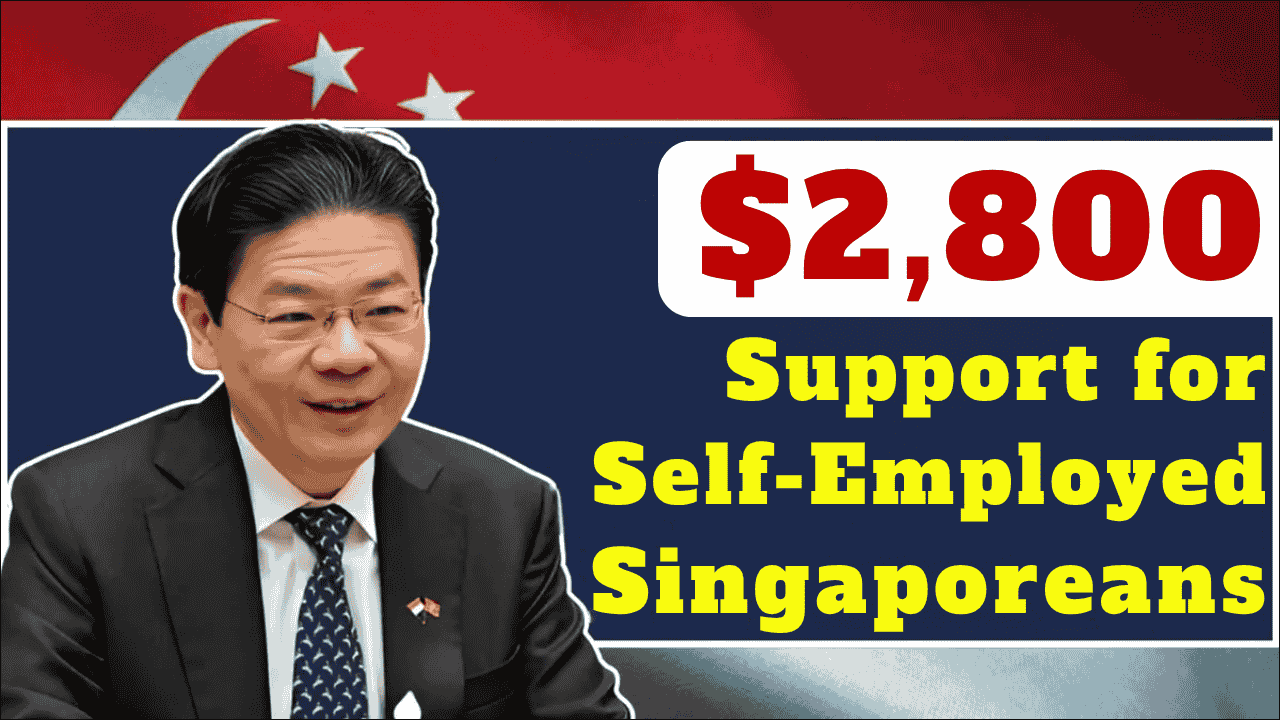Singapore is making major changes to its work permit framework in 2025, a move set to reshape how companies recruit and manage their workforce. These reforms, announced by the Ministry of Manpower (MOM), aim to strengthen employment standards, promote fairer opportunities for local talent, and ensure that foreign hires complement—rather than replace—the Singaporean workforce. The policy changes apply across key industries and are expected to significantly impact both employers and foreign job seekers.
Here’s a closer look at what the new regulations mean for hiring practices, work eligibility, and overall job security in Singapore.
Table of Contents
Overview of Singapore’s 2025 Work Permit Overhaul
| Key Area | Details |
|---|---|
| Sector-Based Quotas | Stricter limits on foreign workers in industries like construction, services, and manufacturing |
| Salary & Experience Requirements | Higher minimum wages and more stringent experience criteria for work permits |
| Skills Transfer Requirement | Mandatory mentorship or training obligations for foreign professionals |
| Local First Hiring Rule | Employers must prove they tried to hire Singaporeans first |
| Stronger Enforcement | Penalties for non-compliance, including reduced quotas and blacklisting |
| Foreign Talent Strategy | Still open to foreign workers, but selectively and in key growth sectors |
Eligibility Criteria
One of the most prominent updates is the introduction of stricter eligibility rules and the implementation of quota ceilings by industry. Sectors heavily dependent on migrant labour, such as construction, marine, and certain services, will face reduced quotas for work permits. Additionally, companies must demonstrate that they have offered the job to Singaporeans first before being allowed to hire from overseas.
Employers failing to observe fair recruitment protocols may risk losing their hiring privileges. MOM will enforce this through its Fair Consideration Framework (FCF), which has become more robust over the years. Firms blacklisted under FCF could face reduced or even suspended foreign worker quotas.
Salary Structure
In a move to curb low-wage dependency and encourage fair wages, the government will raise the minimum salary requirements across work pass categories. This includes not only Employment Passes (EPs) but also S Pass and Work Permit applicants. Additionally, stricter experience thresholds are being enforced. For example, applicants will now need a fixed number of years of relevant industry experience and professional qualifications before they’re considered eligible.
This update ensures that only qualified foreign professionals are hired, filling genuine skill gaps that cannot be easily met by the local workforce. It also signals a shift toward quality over quantity in foreign hiring practices.
Emphasis on Skills Transfer and Workforce Development
The 2025 reforms introduce a critical requirement for skills transfer. Companies hiring foreign talent will need to prove that they are actively training local staff. This could be through formal mentorship programs, structured job shadowing, or technical workshops aimed at upgrading domestic skills.
More Transparent Local Hiring Practices
- Job listings must be published on platforms like MyCareersFuture before foreign candidates are considered.
- This rule ensures Singaporeans get the first opportunity to apply.
- Human resource teams must adopt inclusive hiring practices or face penalties.
Increased Penalties for Rule Violations
- Employers who fail to comply may face:
- Blacklisting
- Reduction in foreign worker quotas
- Suspension of work pass privileges
- These deterrents are meant to ensure companies seriously invest in local talent development.
Challenges and Opportunities for Foreign Workers
While entry is more selective, strong candidates in growth sectors will continue to find opportunities.
- If you’re a foreign job seeker, it’s now more important than ever to:
- Upskill in high-demand sectors
- Gain relevant experience
- Align your qualifications with Singapore’s industry needs
Long-Term Vision
Singapore’s 2025 work permit overhaul represents a larger strategy to balance growth with sustainability. While it may create short-term challenges for businesses and expatriate job hunters, the long-term vision focuses on building a more resilient, inclusive, and high-quality workforce.
FAQs
Q1:- What are the key changes in Singapore’s 2025 work permit rules?
A = Stricter hiring quotas, higher salary thresholds, and skills transfer obligations.
Q2:- How can employers stay compliant with the new rules?
A = By posting jobs locally first, proving training initiatives, and following MOM’s guidelines.
Q3:- Will foreign workers still be able to work in Singapore?
A = Yes, but only if they meet stricter criteria and fill genuine skill gaps.





